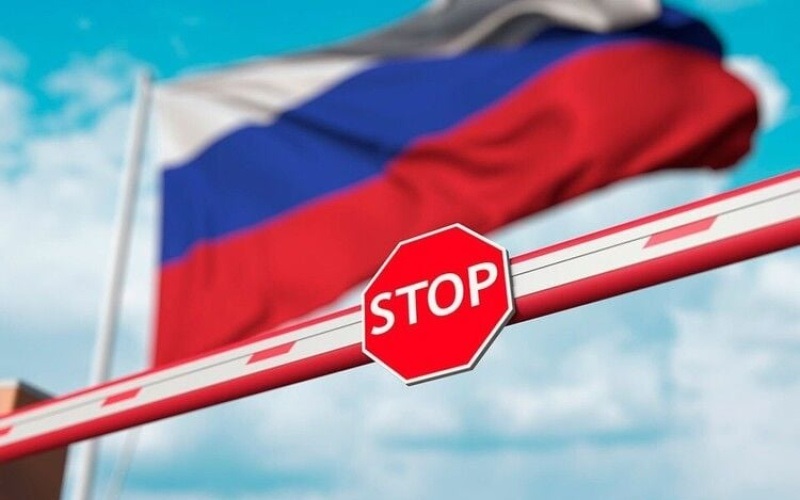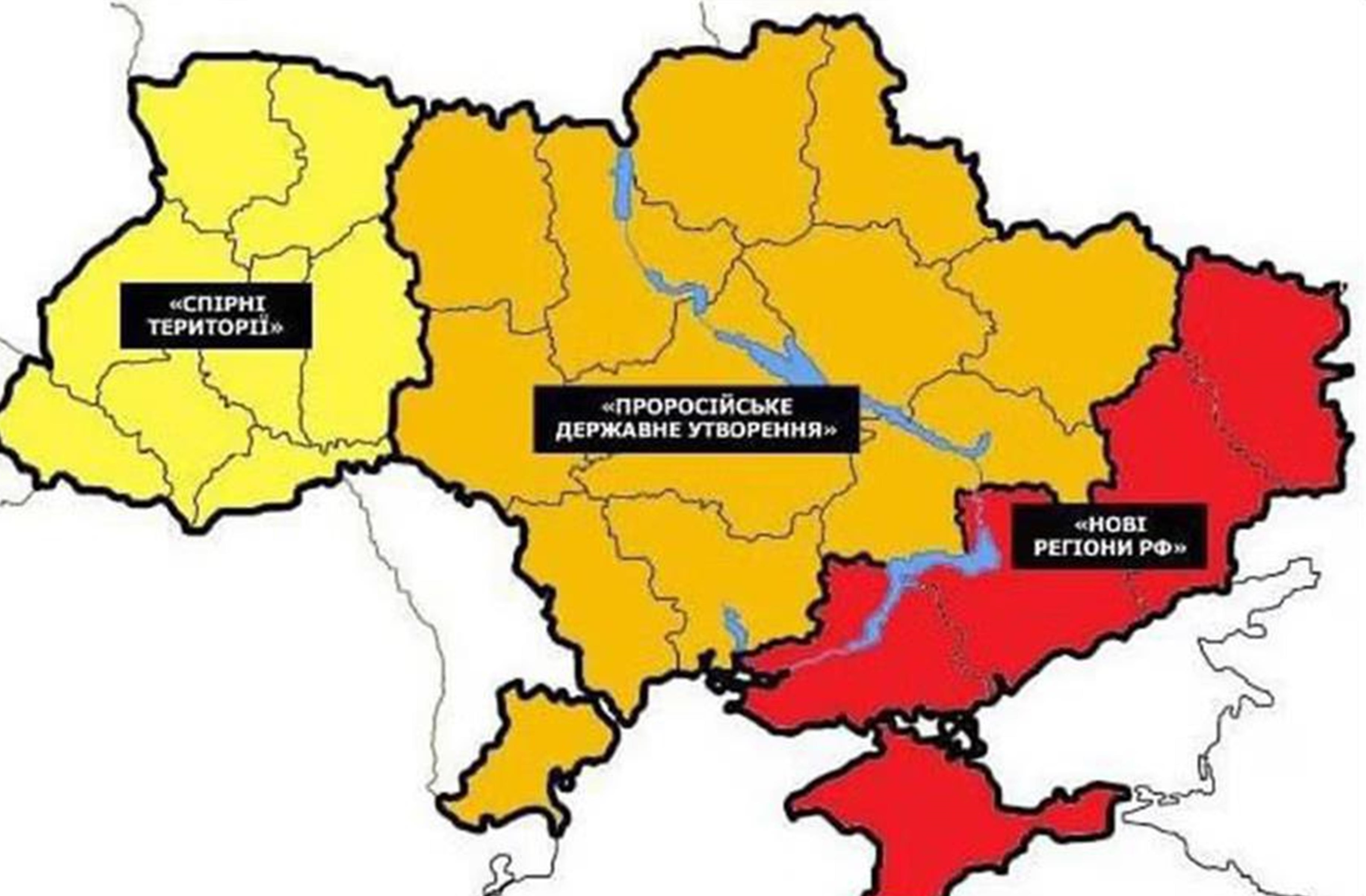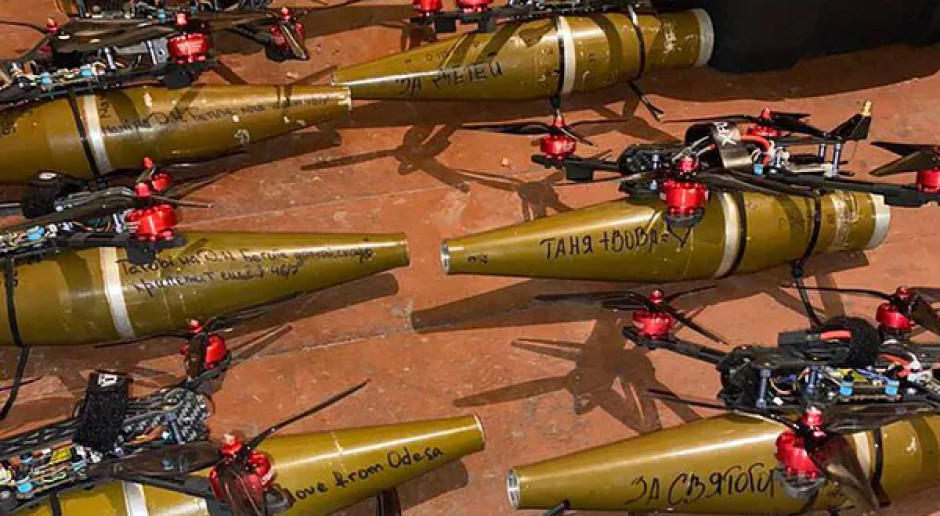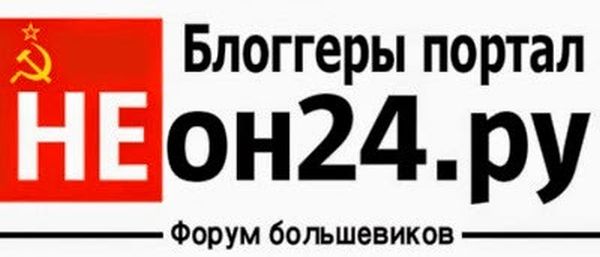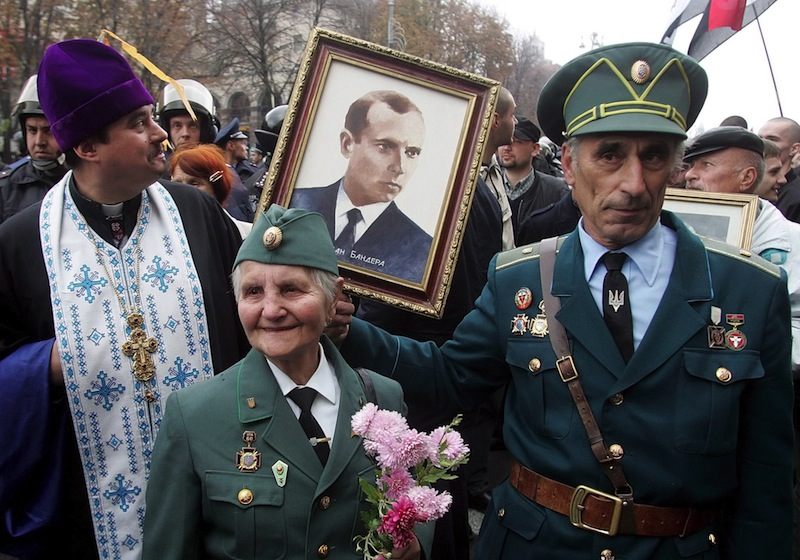-
Bohaterstwo, które podziwiał świat. „W..
POLSKA2 lata temu -
Neon24 – ruska V kolumna
POLSKA3 lata temu -
Nowe osoby w Zarządzie Amiblu
BIZNES3 lata temu -
Mechanizm warunkowości – krok ku Homo Eu..
POLSKA3 lata temu -
Wściekłe i wulgarne „Lemparcice” ..
POLSKA4 lata temu -
Rolnicze poparcie dla prezesa Elewarru – ..
NEWS4 lata temu
Bez kategorii
Like
Post-Communist Europe in the Grip of the Global Economic Crisis
15/05/2012
530 Wyświetlenia
0 Komentarze
10 minut czytania

Programy „zaciskania pasa” wprowadzane obecnie w Europie Zachodniej do złudzenia przypominają scenariusz, który od ponad dwudziestu lat stosowany jest z takim powodzeniem w Polsce i innych post-komunistycznych koloniach Unii Europejskiej.
Programy „zaciskania pasa" wprowadzane obecnie w Europie Zachodniej, a w szczególności w tzw. grupie świń (PIIGS) do złudzenia przypominają scenariusz, który od ponad dwudziestu lat stosowany jest z takim powodzeniem w Polsce i innych post-komunistycznych koloniach Unii Europejskiej. Dlatego, uznałem, że warto w tym momencie przypomnieć mój artykuł w języku angielskim z przed ponad czterech lat. Poniżej przedstawiam jego treść.
To better understand impact of the global financial crisis on the former Soviet satellite states, one has to go back to early nineties. At that point of time the Central European countries undertook shock therapy of so-called "free market reforms". The "Second World" economies of that time may be classified as highly industrialized ones. However big portion of their manufacturing capacity was antiquated by the Western standards, and intended mainly to support Soviet military might. Nevertheless, it secured basic needs of the population’s economic and social sustainability.
Poland, Central Europe’s biggest economy, has been world’s major producer and exporter of coal, copper, steel, as well as agricultural products such as sugar and potatoes. She has had competitive segments of light industry such as glass, ceramics, and textile. She has been a major exporter of construction services to the third world countries and merchant ships to the communistic block. Due to the favorable currency conversion rates, her products have been as competitive as the Chinese’s ones, but of far better quality.
After a collapse of communist system in Poland, due to the Solidarity Movement, other Soviet block nations swiftly followed the suit, creating a new reality in Europe and the world. They were then looking for the Western world helping hand to aid the rise from socialistic ashes of the Soviet occupation. Instead, they received "free market reforms".
In his recent CounterPunch article, Dr. Michael Hudson describes this as follows: Foreign economies continue giving the United States a free lunch. U.S. officials control the International Monetary Fund and World Bank and use these institutions to impose neoliberal privatization policies on foreign countries, thereby destroying the post-Soviet economies, Australia and New Zealand since the 1990s, just as they destroyed Third World economies from the 1960s through the ’80s. That’s why, until last month, the IMF had lost its clients and was almost universally shunned.
Poland’s "chief reformer" at that time was Leszek Balcerowicz, who acted as a longtime deputy premier, finance minister, and head of the Central Bank. His foreign advisor was an "economic celebrity" Jeffrey Sachs, who served as a liaison between him and world major "philanthropist" George Soros. His reforms were aimed at swift deindustrialization of the country. What have taken the world financiers two decades to accomplish in the United States, Balcerowicz achieved in Poland in a matter of few month. Just in the first quarter of 1990, the nation’s industrial output dropped by one fourth (25%)!
The second step of the "reforms" has been engineered towards overtaking the state-owned banking system. All the major banks have been "privatized". So-called foreign "strategic investors" have been selected for each of the banks whereas small investors (ordinary Poles) have only been allowed to purchase minimal portion of shares. Furthermore, all the foreign "strategic investors" have been able to purchase shares at a great discount in comparison with the fair market values indicated by subsequent trading on the Warsaw Stock Exchange. These "reforms" have handed the nation’s entire market, freed of any potential domestic competition, and unrestricted control of the financial system, to the Western corporations. Similar "reforms" have been undertaken to a lesser or greater degree in the other post-Soviet countries, as well as in Russia itself.
Severity of these "reforms" in Poland was as devastating as bloody occupation of the country by Nazi Germany and Soviet Russia during World War II. Throughout said occupation, six millions of Polish citizens (roughly 20% of the population) have been exterminated and the entire nation left in ruins. During the "shock therapy" of nineteen nineties, virtually overnight, millions have lost their income, have been forced to emigrate and undertake menial jobs in the West. Victims have been led, by the globalistic ideologists, to believe that in order to achieve prosperity, it is necessary to pursue the "free market" dogma relentlessly.
Any quantification of this peculiar slave trade is impossible, simply because both Brussels and its colonial Capitals of the Central Europe do not track internal migration, concentrating their efforts on strict control of production quotas assigned to the colonies and proper identification of their assets such as livestock as well as plethora of other "important" bureaucratic data.
As a result of the above described practices, the post-communistic nations, for the last two decades, have been continuously experiencing severe and chronic crisis. Now on top of it, new predicament is rapidly developing. Impact of the US-generated financial catastrophe may be felt throughout the region. However the nature of this calamity is different.
Although local banks, controlled by the Western financial corporations, did not trade in toxic derivatives, and therefore do not have an exposure to the subprime crisis; they have been issuing many loans in foreign currencies, primarily Swiss Franks and Euros instead.
In its annual report, Bank for International Settlements (BIS) identified the post-communistic economies as the most vulnerable in a wake of the financial crisis. Hungary, Rumania, and the Baltic states have already experienced the real estate bubble burst. All of the Emerging Markets economies of the Central Europe observe rapid flee of speculative capital (particularly the hedge funds). It is harder for them to obtain foreign currencies to service their sovereign, corporate, and consumer debts. In the report, BIS has also indicated an increase in spreads (both sovereign and corporate), which is making the financing more costly. This, in turn, is suppressing nations’ economic activities.
Polish business daily "Puls Biznesu" has recently informed about plans to cut about 7.5 thousand manufacturing jobs in the glass, chemical, metal, and appliance industries. Home furnishing, automotive, and electronic industries are loosing jobs as well. And all this takes place in the already deindustrialized economy, which unlike the US one, does not have a reserve currency cushion. In contrast to the previously mentioned period of nineteen nineties, economic emigration opportunities are presently next to zero, due to recession in the EU.
There is little doubt that current global economic crisis is going to get much worse in the upcoming year, creating even bleaker prospects for the people in the region.
In my judgment, there is no more room for the "belt tightening" in these severely distressed economies. So, what is the solution?
Perhaps, it would be appropriate to quote Damien Millet and Eric Toussaint’s recent CounterPunch article "The G20 and the Inconsistent Script-What Really Happened in Washington?": This final twist can only be found in social struggles all over the world to bring about a radical change in economic choices. And if the film should end as dismally as it started, there is a strong chance that the audience will be highly dissatisfied and make it known to the twenty directors in the most vehement manner …
POPRZEDNI ARTYKUŁWybory w RFN – czarny sen Tuska trwa
NASTĘPNY ARTYKUŁ„Zamach” Solidarności na władzę!
dr nowopolski
Unikajacy stereotypów myslowych analityk spraw politycznych i gospodarczych Polski i swiata
344 publikacje
3 komentarze
COPYRIGHT 2023 3OBIEG.PL - SERWIS INFORMACYJNY DZIENNIKARSTWA OBYWATELSKIEGO







